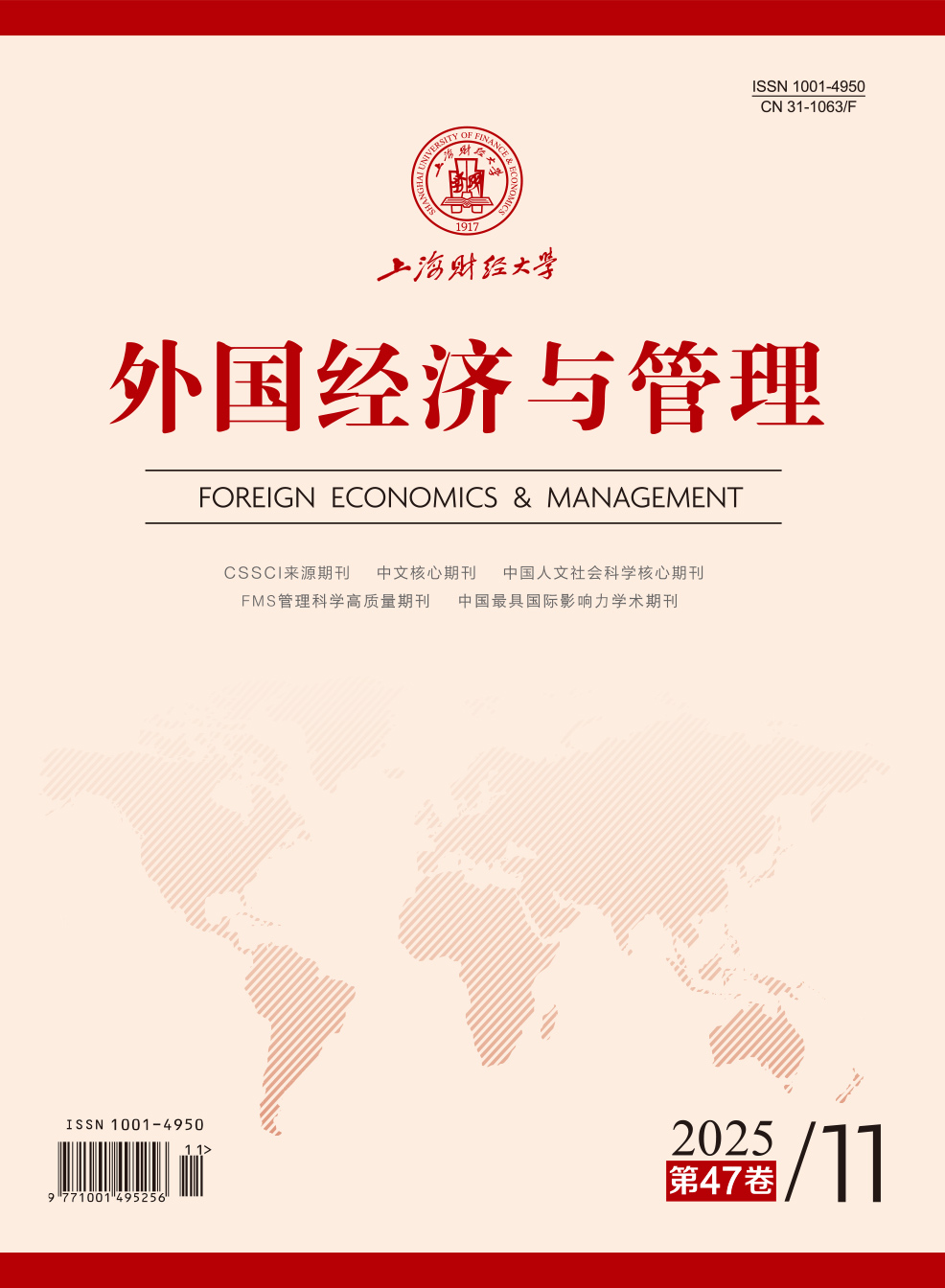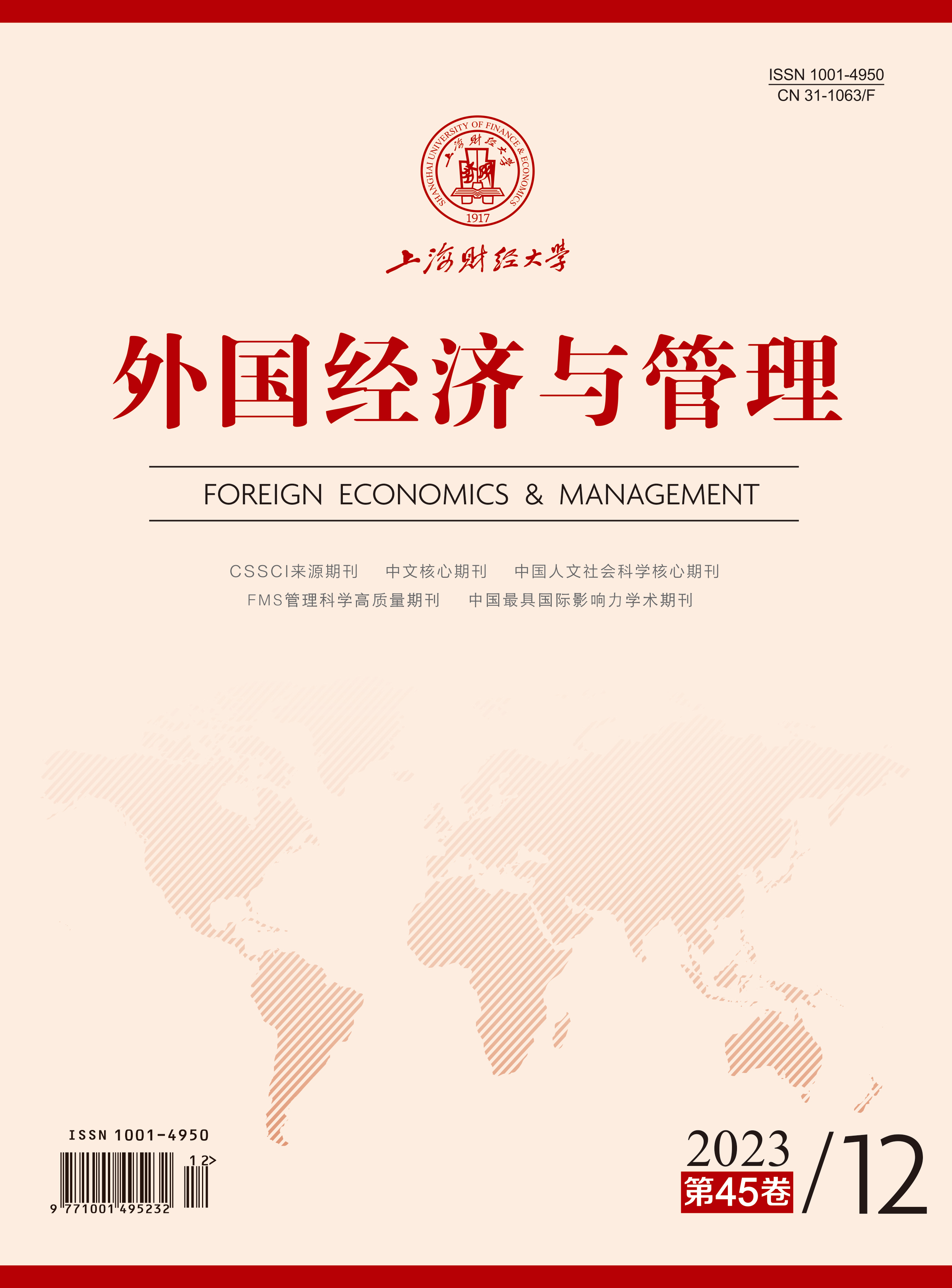This paper attempts to re-establish the micro-foundation of the digital economy. At present, many researches on the digital economy have made disturbing deviations. That is, they believe that digital technology itself can bring economic efficiency. The root cause of this problem is that these studies take the search for the optimal data (technology) as the goal, believing that if we find the optimal data and then apply it to the public, the efficiency of society will be improved directly. These studies ignore the basic position of “real people” or people’s subjective judgments on the digital economy, resulting in the lack of reliable micro-foundation for these studies. The examination of the digital economy should return to “real people”. That is, data cannot be assumed to be given in advance and exist as a human configuration object. Instead, data should be regarded as “human action” itself, and the process of generating data occurs simultaneously to the process of human action or economic activity. In order to introduce “real people” into the research of digital economy, this paper takes Friedrich A. Hayek’s thought of Sensory Order and entrepreneurship of Austrian School of Economics as the theoretical perspectives to explain the source, generation and value of data. Among them, corresponding to the physical order, the Sensory Order explains the principle of how the human brain perceives external stimuli and forms information. The Sensory Order includes the two principles of connection and classification, which constitute the psychological basis of the digital economy research. In order to understand data, it is necessary to understand the Sensory Order. Entrepreneurial spirit refers to the use of logic by human mind, which is characterized by Dualism emphasized by Ludwig von Mises. Dualism can be understood as the existence of parts of human action that cannot be explained by external factors. According to Dualism, data do not determine human action. Obviously, for the development of the digital economy and overall economy, what matters is what entrepreneurs “do” or “what they do with data”, rather than what the data itself is. Therefore, the value of data is the core of the digital economy, but entrepreneurs need to rely on the market prices to judge the value of data. According to the price, entrepreneurs judge profitable opportunities, and then use data or technology to guide resource allocation to achieve the purpose of meeting consumer demand. Therefore, price and Dualism together constitute the economic basis of the digital economy research. It should also be noted that the judgment reflecting entrepreneurship is realized in the entrepreneur’s Sensory Order. Finally, this paper proposes the property rights basis for the development of the digital economy, that is, to protect the private property rights of entrepreneurs.
 / Journals / Foreign Economics & Management
/ Journals / Foreign Economics & ManagementForeign Economics & Management
JIN Yuying, Editor-in-Chief
ZhengChunrong, Vice Executive Editor-in-Chief
YinHuifang HeXiaogang LiuJianguo, Vice Editor-in-Chief
The Micro-foundation of the Digital Economy: Based on the Theoretical Perspectives of the Sensory Order and Entrepreneurship
Foreign Economics & Management Vol. 45, Issue 12, pp. 52 - 63 (2023) DOI:10.16538/j.cnki.fem.20221218.101
Summary
References
Summary
Keywords
Cite this article
Zhu Haijiu, Wang Dongliang. The Micro-foundation of the Digital Economy: Based on the Theoretical Perspectives of the Sensory Order and Entrepreneurship[J]. Foreign Economics & Management, 2023, 45(12): 52-63.
Export Citations as:
For
ISSUE COVER
RELATED ARTICLES




 4600
4600  3421
3421

